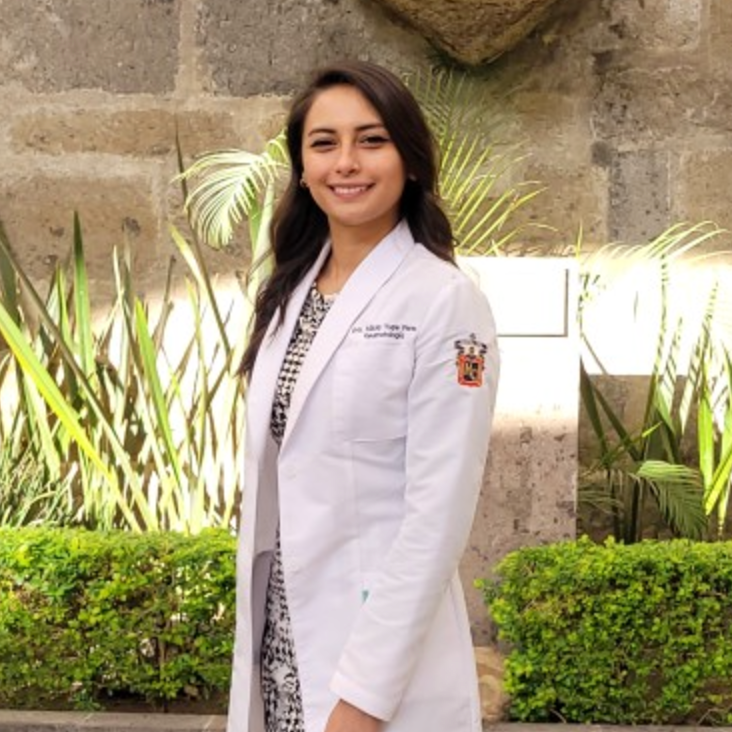Article
Barriers are biggest predictor of adherence in fibromyalgia treatment
The main predictor of adherence to a multimodal treatment program for patients with fibromyalgia syndrome (FMS) is barriers, such as lack of time, too much effort, stressful events, and fatigue. Because barriers are important for adherence and adherence is related to outcomes, using a questionnaire about barriers is recommended as a basis for discussing them with patients.
The main predictor of adherence to a multimodal treatment program for patients with fibromyalgia syndrome (FMS) is barriers, such as lack of time, too much effort, stressful events, and fatigue. Because barriers are important for adherence and adherence is related to outcomes, using a questionnaire about barriers is recommended as a basis for discussing them with patients.
Dobkin and colleagues studied 63 patients participating in a 3-month FMS outpatient treatment program that included physiotherapy, occupational therapy, nursing, and cognitive-behavior therapy. Clinical and psychosocial factors-self–efficacy, pain catastrophizing, perceived stress, and depression-were measured at baseline and at the end of treatment. Patients also completed general adherence, specific adherence, and barriers to adherence to treatment questionnaires.
Adherence to treatment recommendations was generally good. There was a statistically significant correlation between general adherence and specific adherence scores at all time points. Pain and fatigue were the most frequently mentioned barriers. The composite measure for barriers to treatment was the most important predictor for both adherence measures.
The authors noted that it should not be assumed that a treatment is not helpful without examining a patient’s adherence to it first.




